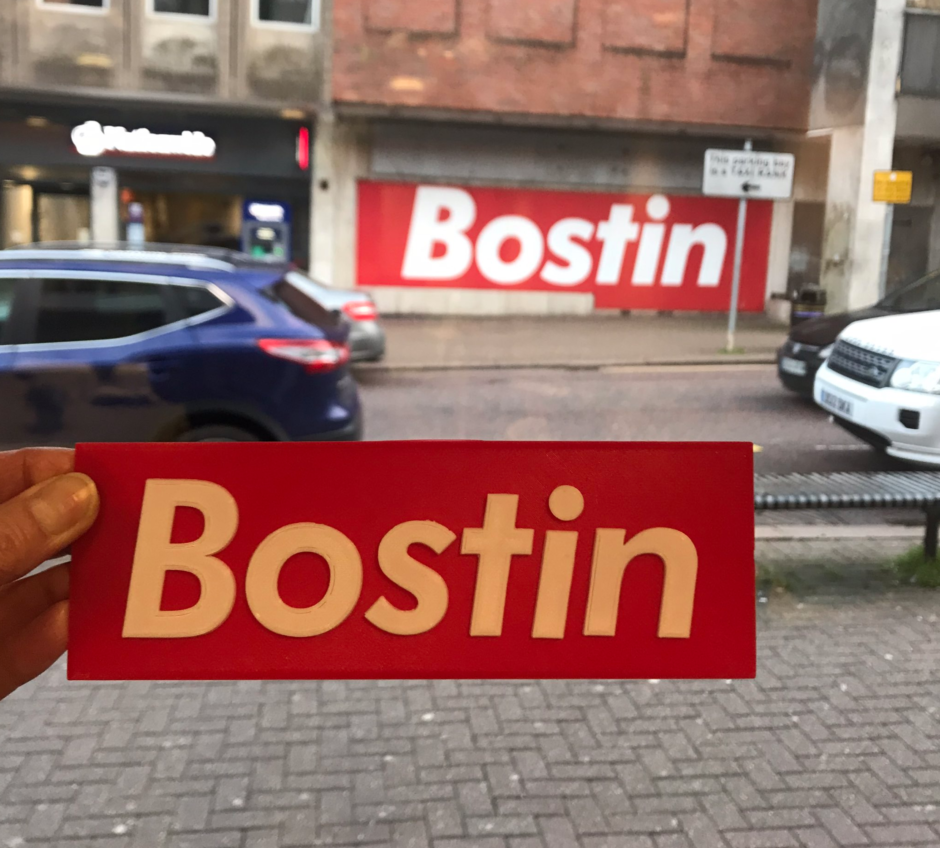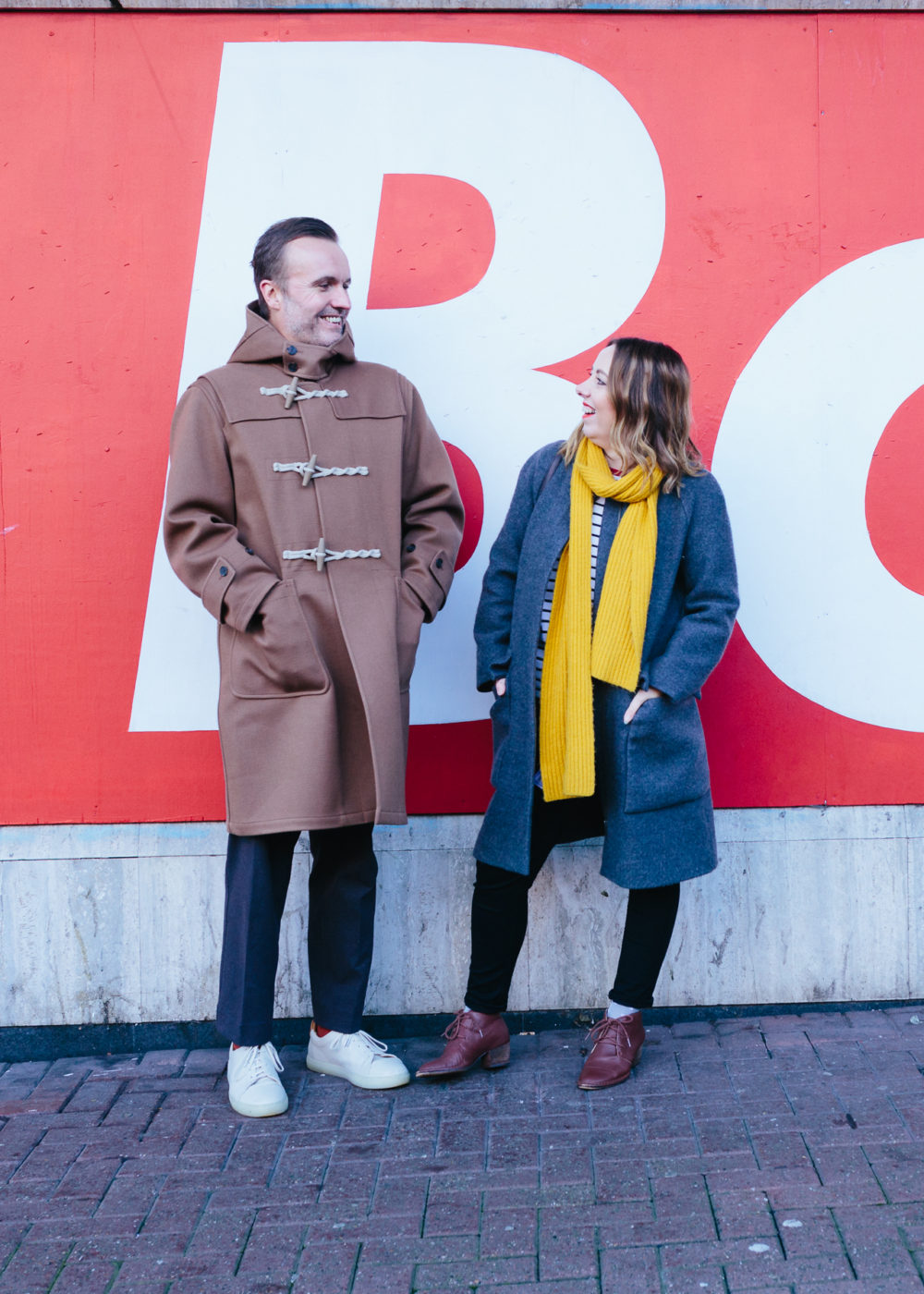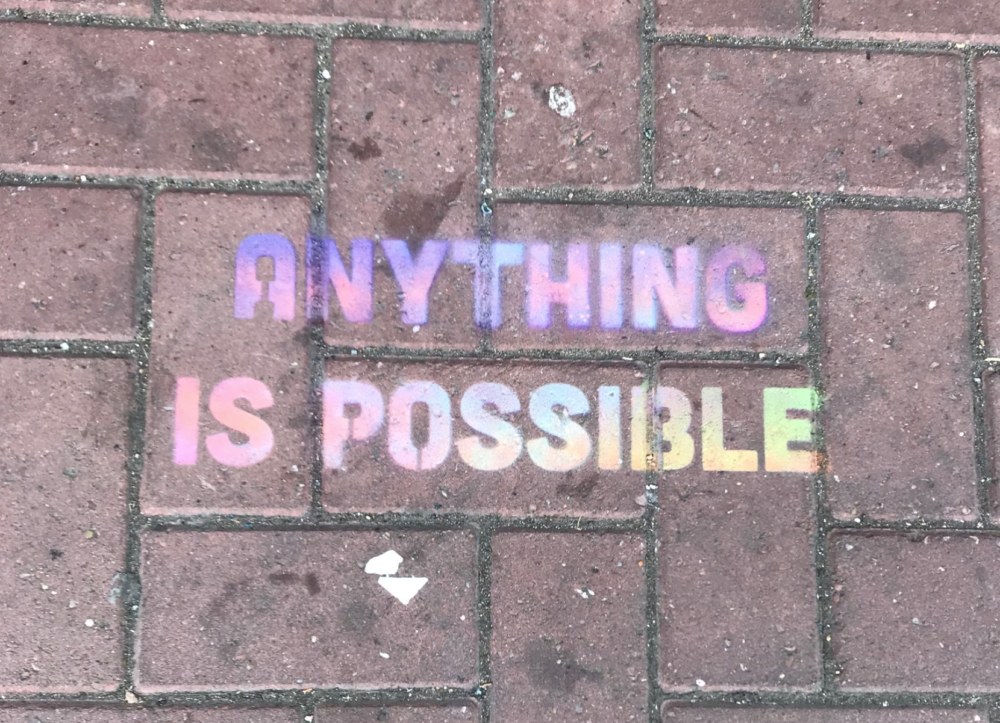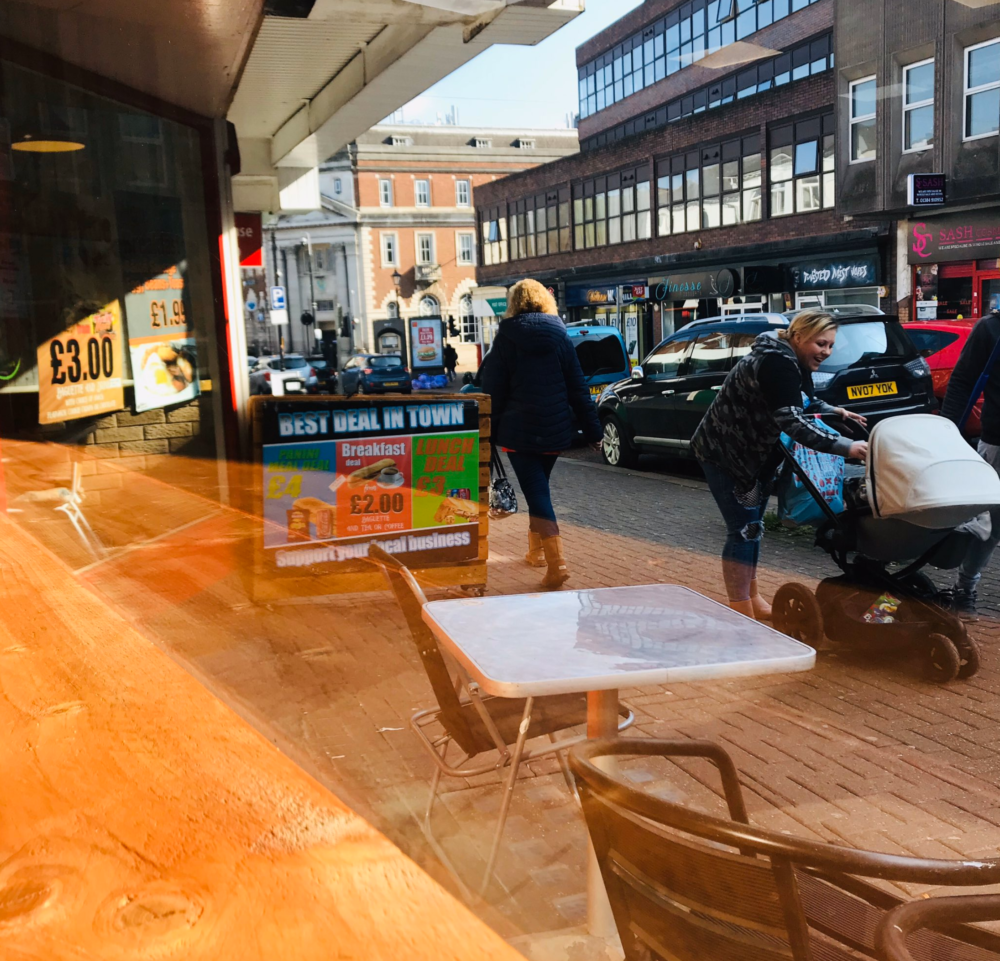PLAYING FOR TIME WITH COLAB DUDLEY
Early in to our partnership with CoLab Dudley (at the start of the year) convener of people and all-round getter of stuff done Lorna Prescott passed me a book – it was ‘Playing For Time – making art as if the world mattered’ by Lucy Neal.
It had been sitting on my desk for a while so on a sunny lockdown afternoon, with plenty of screen time and Zoom meetings under my belt, I decided to sit outside and dive in.
What is interesting about the timing of this is how the book is framed. It was first published in 2015 – right in the middle of austerity.
“Playing for Time explores the pivotal role artists play in rethinking the future; reinventing and reimagining our world at a time of systematic change and uncertainty.”
I took to reading through with the lens of the situation we find ourselves in today. I hasten to add – clearly the writers and contributors of this book could not predict the global pandemic, but their learnings are profoundly transferable.
A new beginning
In February we started the month with the keys to our new Dudley High Street space in our hands. We had set about a plan to get the space, an ex insurance branch, cleaned up, spruced up and freshly painted. We’d invited our collective members of like-minded ‘doers’ to join us in the plans for the space and help us shape its use.
Our CoLab design principles had been modified – we had the makings of a plan, a first set of events and a beautifully collaborative exhibition to soft-launch the space. We were building our creative manifesto for the area that starts with ‘beauty is a human right’ – and an ambition to turn those unloved, underused and closed down spaces in to brightly colourful outdoor gallery of artworks for our Paint Dudley project.
“It has a tremendous ‘power to convene’, to get all manner of people in a room together, dreaming, planning and doing. It does so in ways that aren’t what people expect. Transition ‘shops’ on High Streets that invite people in to share their hopes and fears for the place, Open Space events where the agenda is created by those attending, fuelled with tea and cake, pieces of community theatre that invite people to be part of not just imagining the future, but spending time in it, walking around in it and discussing it with others who have also made that journey.” Rob Hopkins *1
Now, while our CoLab on The High Street space is not a ‘Transition shop’ there is so much of Hopkins’ words that resonated; we’d already seen ‘the power to convene’ when on a weekend in February people came, armed with dust sheets, brushes and rollers ready to get stuck in. Even for just a spare hour, foregoing a lunch break.
The convening had been going on for a long time before the physical space but all the same it was great to see how the sense of a shared space of our own galvanised our collective members to get involved. We were all on the same journey – with both our individual and collective ideas on how we wanted to utilise this new space.
Hopkins continues: “What we are seeing merging around the world is a new narrative for these times. A narrative that says these are extraordinary times, and times that demand us to be extraordinary.”
Obviously Hopkins couldn’t predict the situation we are in now. Five years ago times were extraordinary – the austerity measures have touched people in ways we thought a rich nation like ours couldn’t imagine. And remember this is pre-Brexit and pre the referendum – when things got even more extraordinary.
So, how are we supposed to describe right now? ‘Uber extraordinary’, ‘Super extraordinary’? We have gotten use to ‘the new normal’ (a term I am not enamoured with) and the over-use of the word ‘unprecedented’ to punctuate every sentence. We are in a strange non-time, where we’ve been put on hold – events halted, events postponed and events cancelled.
Hopkins continues to describe how we are invited to be ‘entrepreneurial’ and to connect ‘communities in a ‘learning network’… a narrative that invites us to come together in new ways and to work alongside other people to transform our smaller corner of the World…’
Our ‘smaller corner of the World’ is, and continues to be, Dudley High Street. We had set about projects on how to reimagine the forgotten end, the ‘top end’, the unloved and un-gentrified end.
And so it pauses….
And so mid March arrives and as Asian and European countries have gradually locked down, so do we. Of course we knew it was coming. We’d painted the walls, vacuumed the carpets, had the lovely large windows cleaned and bought bacterial wipes ready for visitors. My colleague Lorna and I had had our last meet-up in the space where we’d roughly designed a ‘Virtual High Street’ schedule to keep in contact with our growing collective.
We’d popped to our neighbours, a lovely little cafe called French Connection, for lunch – but we didn’t quite realise it would be our last visit for a while.
Our other neighbours include clothes, carpet and charity shops. We are opposite a bank and a boutique that sells hair products and there’s a large Wetherspoons Pub a few doors up. Further up the street there’s plenty of fast food outlets; Dominos, Subway and a fried chicken place. Similar to hundreds of other UK High Streets that struggle to cater for a poorer, post-austerity consumer.
Our plan was to introduce ourselves gradually to our neighbours. We thought about buying them a plant; something to grow collectively (we had an idyllic idea of a collective autumn harvest dinner at one point). We wanted to take a selection of portraits and find out people’s stories. We still want to, but will they be there at the end of this?
What remains?
“It is hard to find an elected leader anywhere in the capitalist world not utterly preoccupied with maximising growth”. Says Beth Stratford in ‘Grown-Up Economics’. *2
As we glued ourselves to the government’s daily briefings we’d heard that lockdown in the UK would continue for a further three weeks (in mid April). Rishi Sunak, the fairly new UK Chancellor of the Exchequer had announced support for all kinds of workers. Some supportive, some helpful, and some not so much.
We learned new words like ‘furlough’. For creatives like us the Arts Council introduced a new emergency fund (but only for those that had support before or had worked with regularly funded organisations). If you didn’t fit in to any of the above there was Universal Credit to apply for. As usual there’s plenty that would / still will lose out.
“…wellbeing is underpinned by a range of conditions: economic security is one – hence the drop in life satisfaction during the uncertainty of economic crisis – but we also need social cohesion and solidarity, a sense of agency, mental and physical health, time for family and friends, to access nature, a benign climate and so on.”
Commentators begin to tell us that we are facing the worst recession in since the Great Depression of the 1930s. Where would this take the nation’s mental health?
Back in 2015 the forecast was for the global economy to grow by 3% per year. Meaning that before the end of the century global production and consumption will increase ten-fold.
“If economic growth continues to go hand in hand with growth in the volume of natural resources that we convert into finished products and wastes, this won’t be a pretty future. Clearly, a parasite that doubles its use of resources every quarter century is going to eventually kill its host”.
The pandemic has forced us all to pause. To halt production, travel, and (some) consumption. Not for desire but for necessity. Borders are closed, airlines have ground planes, we are told to stay home so we can’t travel. Factories have had to halt production due to social distancing and lack of raw materials. Stores have closed – we are only allowed to shop for necessities in person (although online retail continues).
“… we have an economic system which is dependent for its very stability upon economic growth. If growth drops below a critical rate the system begins to spiral into crisis; debtors default, people lose their jobs and many experience hardship.”
And so at the end of May we start to see the lockdown restrictions begin to lift. We have seen US citizens in some States protest for their right to go back to work and for their lockdown to be eased. People who ‘can’t work from home’ have been allowed to go back to work so that the economy can get moving again – because clearly this is more important than safety of people. And more regrettably we see a senior government advisor bend the rules that we have all lived by so significantly that it seems like many of our neighbours believe the lockdown has almost been lifted entirely.
“…if we can find a way to reduce our systemic dependence on growth, then we can afford to distinguish more carefully between growth that is socially beneficial, and growth that is exploitative and destructive.”
Has our disregard for nature found a way to make us pause? Is the pandemic the only way we would? While the environment benefits there is suffering on a scale that no-one would want to see – yet parts of our global community want to get back to work. Capitalist societies reliant on production fear the length of lockdown and what it will do. When in April we thought this was going to be as bad as the Great Depression – we are since told it could be much worse.
Stratford offers some insights: “To fully liberate ourselves from the growth fetish we’d need to address the psychological drivers that make us desire more things. This might turn out to be the biggest challenge of all.
But some obvious first steps press themselves: reduce the inequality which fuels status competition and social anxiety; provide some respite from the onslaught of advertising; offer alternative forums through which people can express individuality and participate in community life, and don’t spend on the consumption of material goods.
Artists can help create such forums and to subvert and counter the message of advertising”.
Has the pandemic learnt us to desire less? What’s the point in buying new clothes when there is nowhere to go? Why do we need a car when we’re working from home?
We can find beauty in the things we never usually have time to notice that come for free – the birdsong has never been so loud or cheerful (thanks in part to the lack of car noise); the trees and flowers have taken us from the chilly Spring to the start of Summer warmth. The weather has been beautiful and our daily walks a delight. We’ve spoken to neighbours we’ve hardly muttered a word to in the past.
The ‘message of advertising’ changed almost overnight when global brands and corporations used communities clapping for carers, homemade videos and recorded acts of kindness used to tell us how we are ‘all in it together’ and ‘we’ll help you get through this’ messages. It certainly isn’t subversion – just blatant pulling at heart strings for those gullible to buy it.
And what for our smaller corner of the World?
We don’t know what will be waiting for us when we go back to our space. Will our neighbours, who we were yet to connect with, still be there or will their small independent High Street businesses be taken by greedy landlords sitting on their millions and millions of pounds worth of assets?
Will our local council allow the streets outside our space to be widened and the cars bays (that greedily take up our now much-needed social distancing space) to be closed off or better still repurposed?
Will we be able to invite people to see Laura’s beautiful photography of the Doers & The Curious up close? Will we convene our collective again and invite them for that tea and cake to imagine our future High Street? Let’s hope so.
In the meantime we’ll enjoy our ‘random acts of wildness’ and continue to learn and be guided by nature. We’ll observe our local High Street to find solutions to the new problems of staying away from one another, and we’ll use our creativity to continue to connect, innovate and reimagine a new and better High Street of the future. We’ll lobby our local leaders, stakeholders and influencers and urge them to allow us to be part of positive change because beauty after all, is a human right.
Kerry O’Coy
*1 – Rob Hopkins ‘Relocalisation and the Transition movement’ Page 31.
*2 – Beth Stratford ‘ Grown-Up Economics’ Page 34-40
I only have only picked out a few quotes from Playing for Time to highlight some of the comparisons and observations. This is just a reflective piece with parts of reading that I felt reflected the present time we are in and the interesting insights that I feel are useful to our work.










